A famous French jurist involves an artist of Italian origin in the creation of a compass, intended for those who, open and curious like her, are involved in the destinies of the world. A great friendship is born between Mireille and Antonio, both in their eighties, which does not retreat even in the face of illness and death.
«Les nuages m’ont suggéré la métaphore des vents comme souffles symbolisant l’esprit des droits, puis la quête d’une boussole pour s’orienter parmi les vents contraires. J’ai alors (enfin !) pris conscience des limites de l’écriture et entrepris, avec un ami plasticien-bâtisseur, d’explorer les cheminements entre la pensée et la matière en fabriquant un objet mobile représentant une boussole sans pôle Nord, dite « boussole des possibles ».
Mireille Delmas-Marty
SYNOPSIS
Mireille Delmas-Marty and Antonio Benincà embark on a remarkable journey to shape the Compass of Possibilities, a guide to navigating a world shaken by the “winds” of globalization. They share their creative adventure with Emanuela and Carlo, two Italian professors and former students of Mireille, who come to visit her in France. After the opening of the Compass at Goutelas Castle -a cultural centre restored in the past by a community of artists, workers, lawyers, and farmers- Mireille falls ill and faces a delicate surgery. In Paris, feeling trapped in the hospital, Mireille accepts Antonio’s help to run away. He opens the doors of his bubble-shaped home in southern France, offering unwavering support to her as they cherish their time together. After several months filled with intense vitality and surrounded by friends, Mireille eventually passes away, leaving a deep impact on everyone she met. Many come to pay their respects and say their final goodbyes. Honouring her last wishes, Antonio travels to Bologna to publicly present the Compass, marking the start of several initiatives to spread her vision of a more interconnected, compassionate, and inclusive world.
BIO
Mireille Delmas-Marty
Mireille Delmas-Marty was a professor emeritus at the Collège de France, a member of the Academy of Moral and Political Sciences, and an honorary doctor of numerous universities (in Europe, the United States, Mexico, South America, China). At the crossroads of international law and comparative law, she explored the dynamics at play to shed light on the possible fates of humanity caught “in the whirlwinds of opposing winds” by the globalization. To escape the predicted collapse, she proposes a pacifying humanism combining several visions of humanity.
Antonio Benincà
After completing a philosophy baccalaureate and studying at the Fine Arts School in Lyon, Antonio Benincà experimented with various materials and techniques the “way of inhabiting”, and from that point, following his builder’s instinct, he passionately discovered the possibilities offered by double-curvature structures creating “bubble houses”. Over the years, he had also created everyday objects as well as monumental works for both private and public sectors: fountains, gardens, plant sculptures, lighting and urban furniture.
« L’ambition de vivre, c’est l’élan vital donné par le « petit souffle innomé » qui tous les matins nous donne le bonjour ».
Mireille Delmas-Marty
CREDITS
Documentary 52’
Production
L’Altravista
Direction
Flaminia Cardini
Simone Pierini
Editing
Rosella Mocci
Photography
Simone Pierini
CREDITS
FLAMINIA CARDINI
Graduated from DAMS in Bologna, she worked at Palomar as a reader, author and story editor. Previously, she published biographies, essays, articles, and books on television and the cultural industry. She has written and directed documentaries for over fifteen years with L’Altravista productions, including Se potessi mangiare un’idea with Simone Pierini (Andaras Film Festival 2021, Ceres Film Food Festival 2022), the docu-film La Politica del Desiderio (Rome Film Festival, Docnet Prize at Bellaria Film Festival) Adriana Sbrogiò. Imprendere la vita (Identità e Differenza), Mostri Sacri (Casa del Cinema di Roma). The docu-series Avventure in Galleria was presented at the Galleria nazionale d’arte moderna. She produced, among others: La Repubblica dell’utopia (Rai Educational, RSI Swiss Television, Rai Storia),Ottomarzo2007 (Equal Opportunities Department – Municipality of Rome), Punto… e basta! (Cinema Aquila, Sguardi Altrove Festival).
SIMONE PIERINI
He co-directed Se potessi mangiare un’idea. He is the director of Carol Rama di più ancora di più, La passeggiata improvvisa and Fabbricazione-l’occupazione di Architettura. As a director of photography for documentaries and films, he collaborated on: La Pitturessa by Fabiana Sargentini (2023), Mia madre fa l’attrice and Noi non siamo come James Bond by Mario Balsamo, Welcome to the Labyrinth by Riccardo Biadene, L’Orchestra di Piazza Vittorio by Agostino Ferrente, and L’imbalsamatore by Matteo Garrone.
ROSELLA MOCCI
Rosella Mocci is an editor of films, short films, documentaries, and TV programs. For L’Altravista, she edited the documentaries Se potessi mangiare un’idea, Ho deciso di ridere con te, Avventure in Galleria, La Repubblica dell’Utopia. She edited La Leggenda di Kaspar Hauser by Davide Manuli, 60- Ieri oggi e domani by Giorgio Treves, L’Amore che non scordo. Storie di comuni maestre by Daniela Ughetta, Manuela Vigorita. Among other films, she edited Un confine incerto by Isabella Sandri, Beket by Davide Manuli, Femminile, Singolare by Claudio Del Punta.
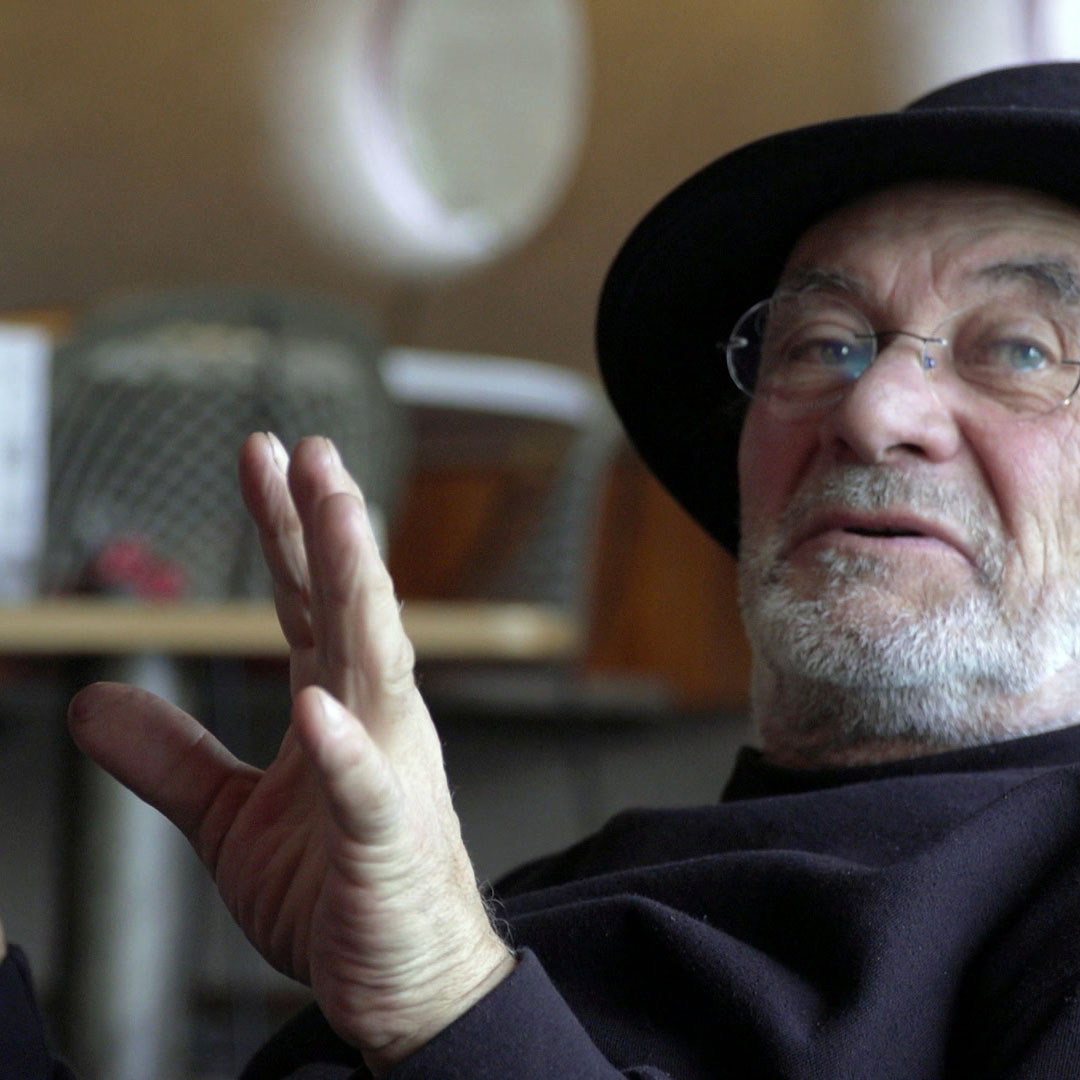
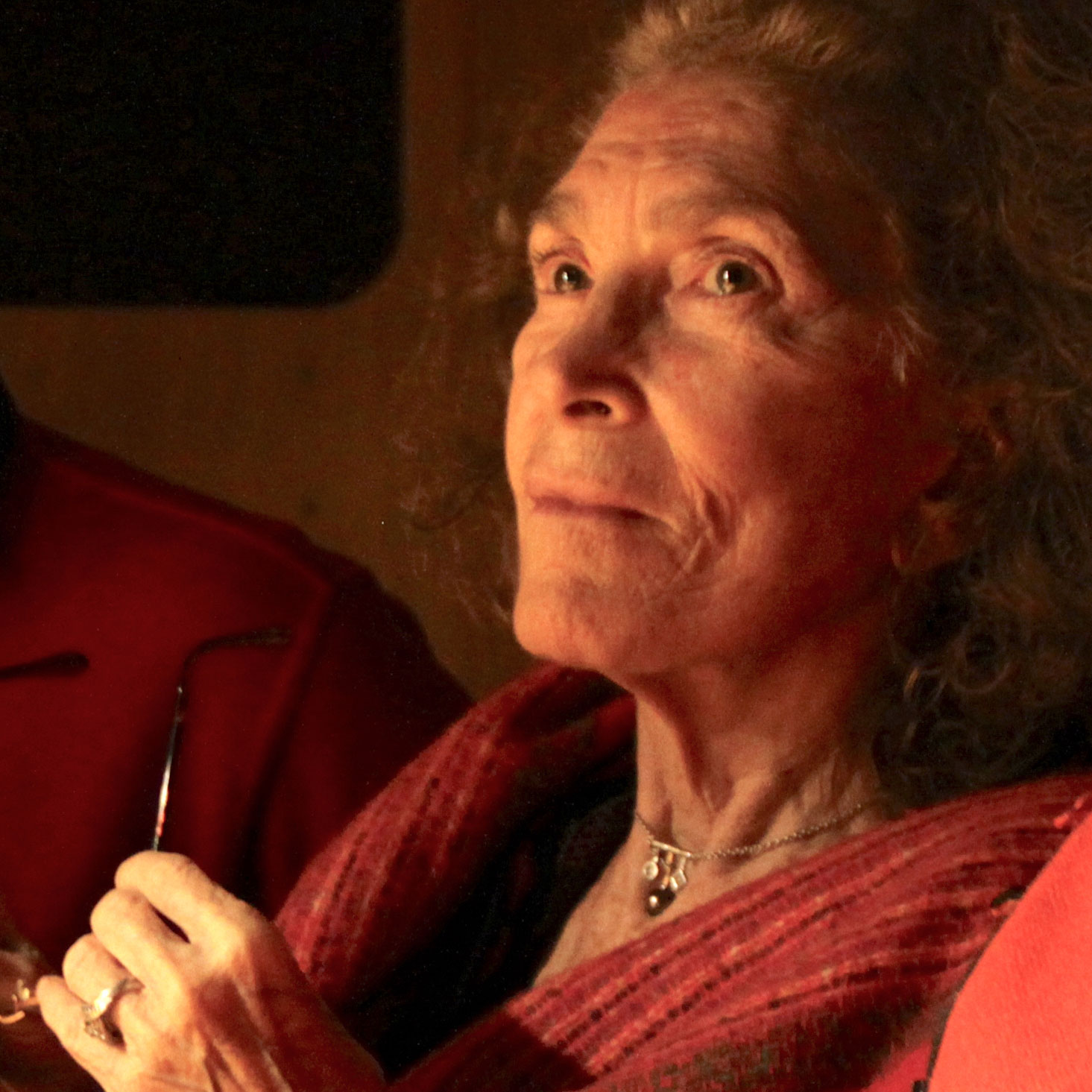
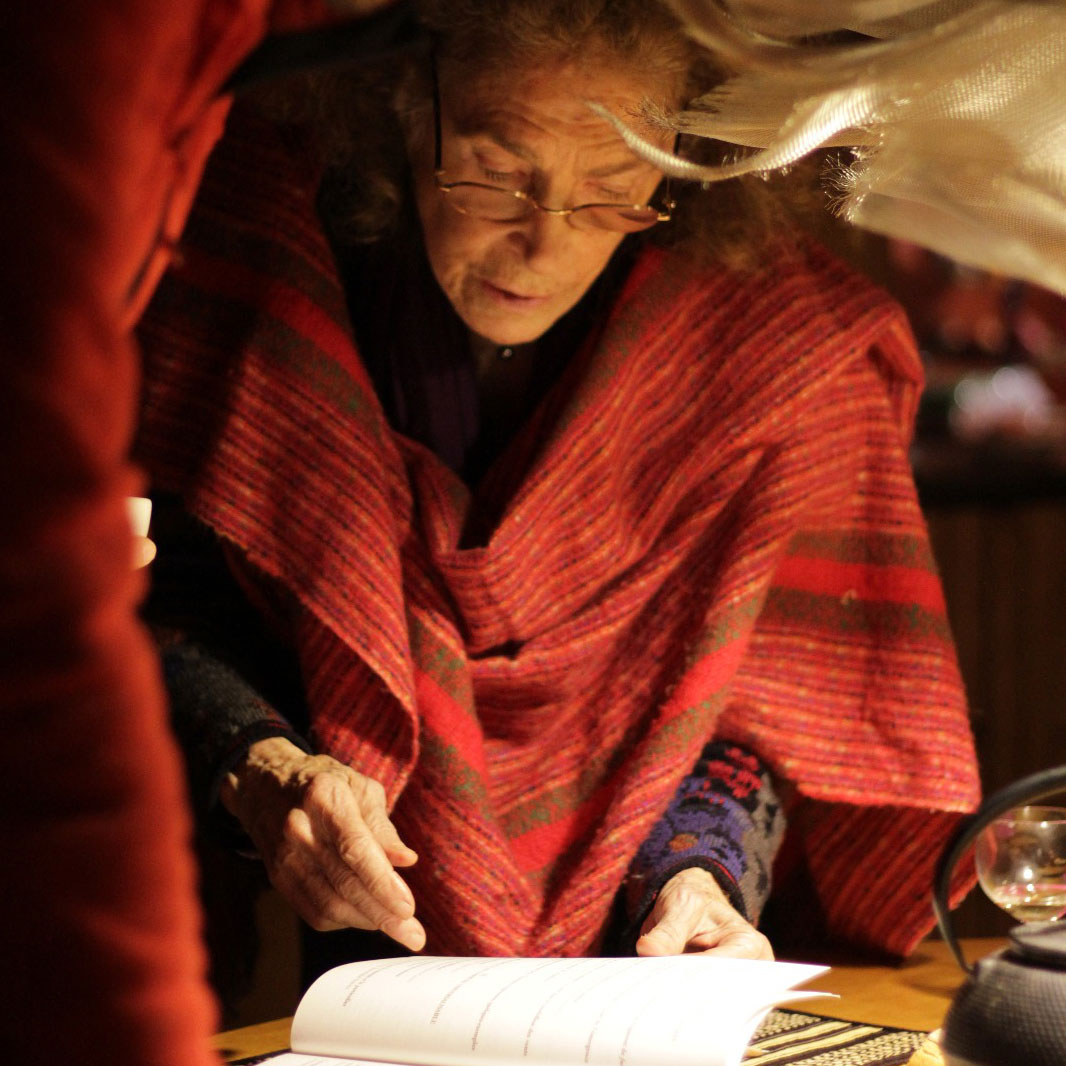
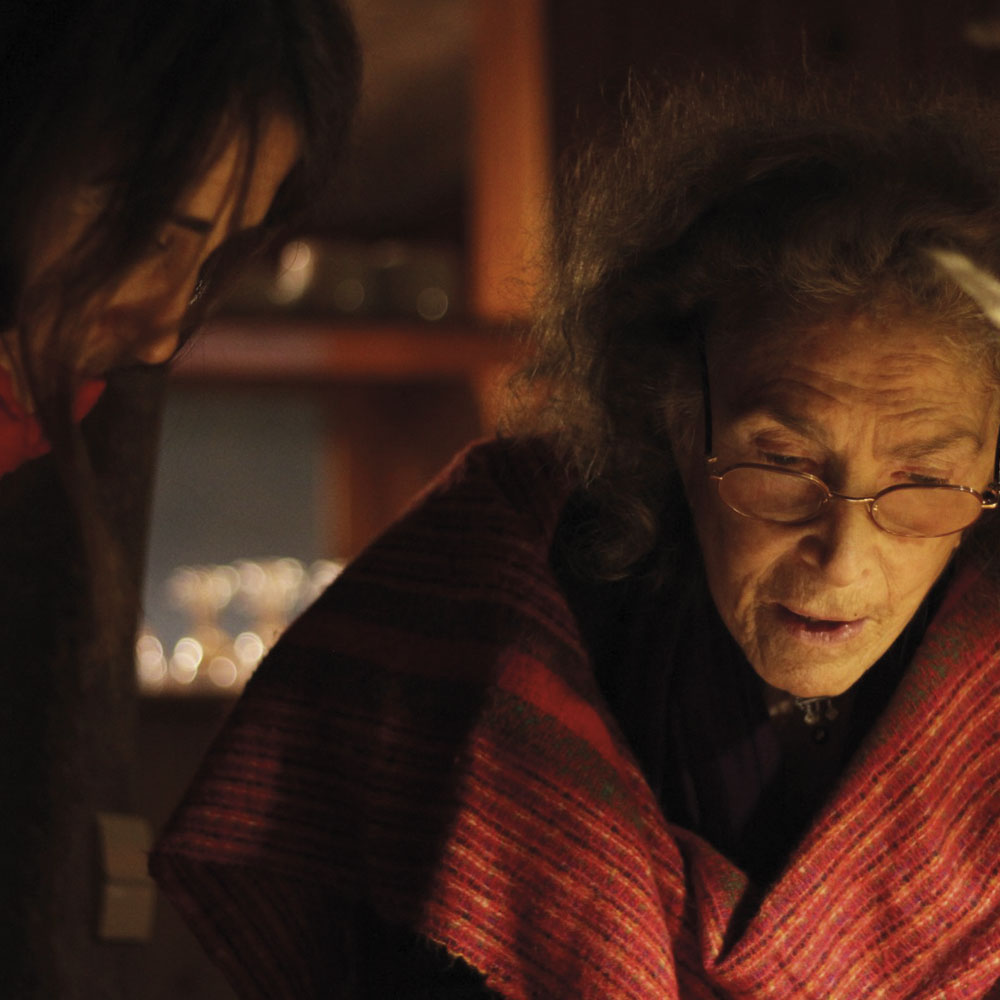
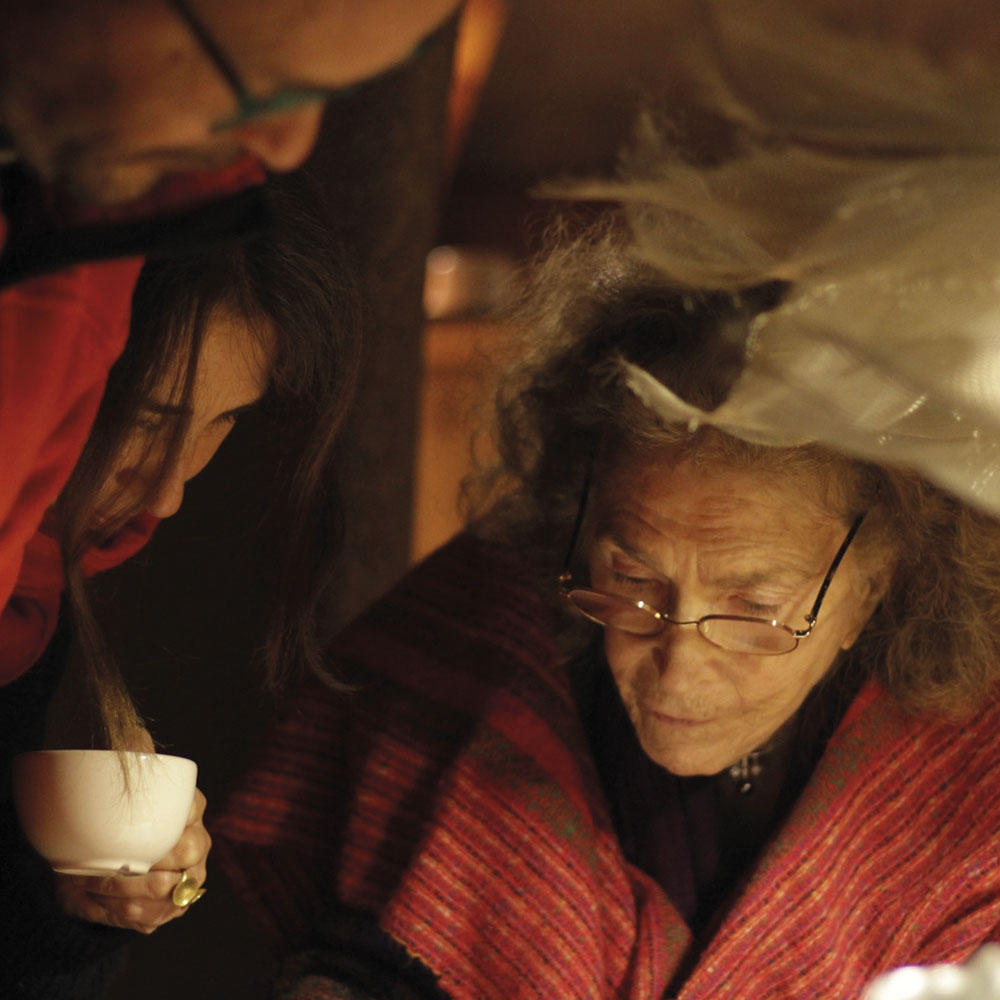
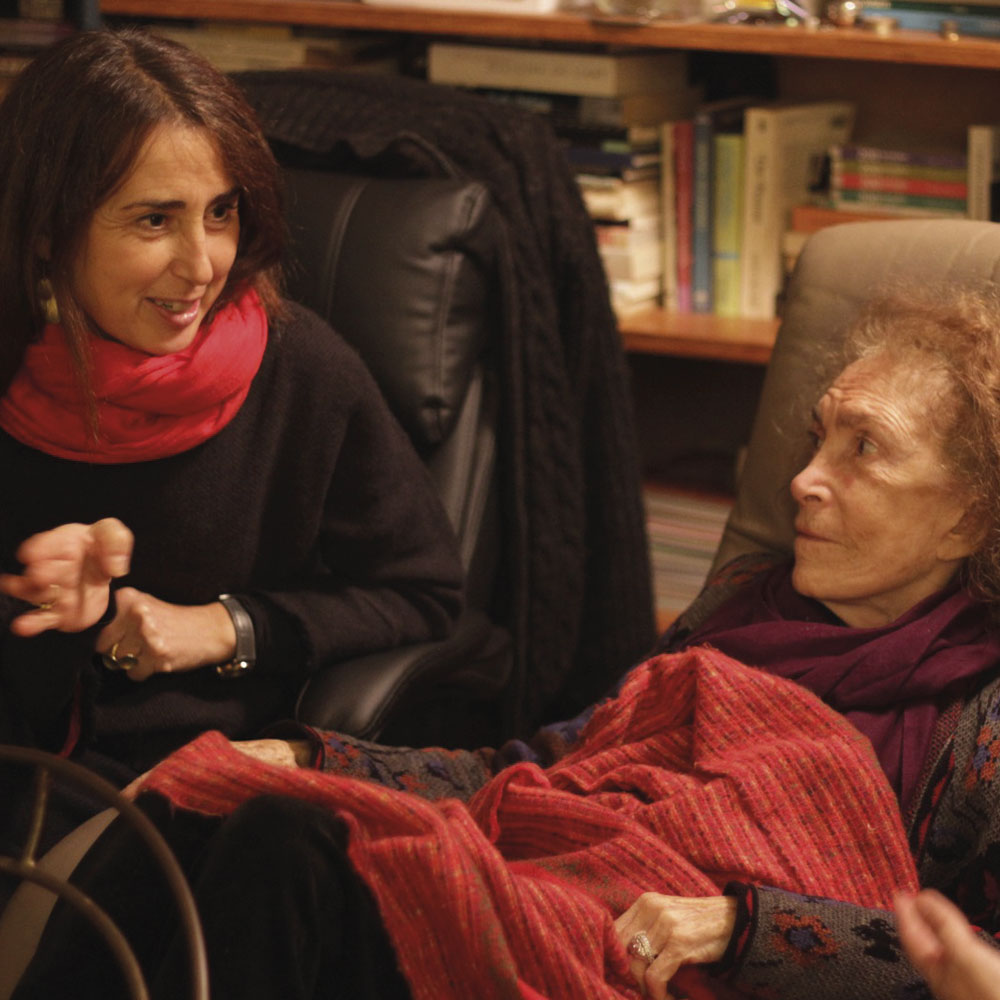
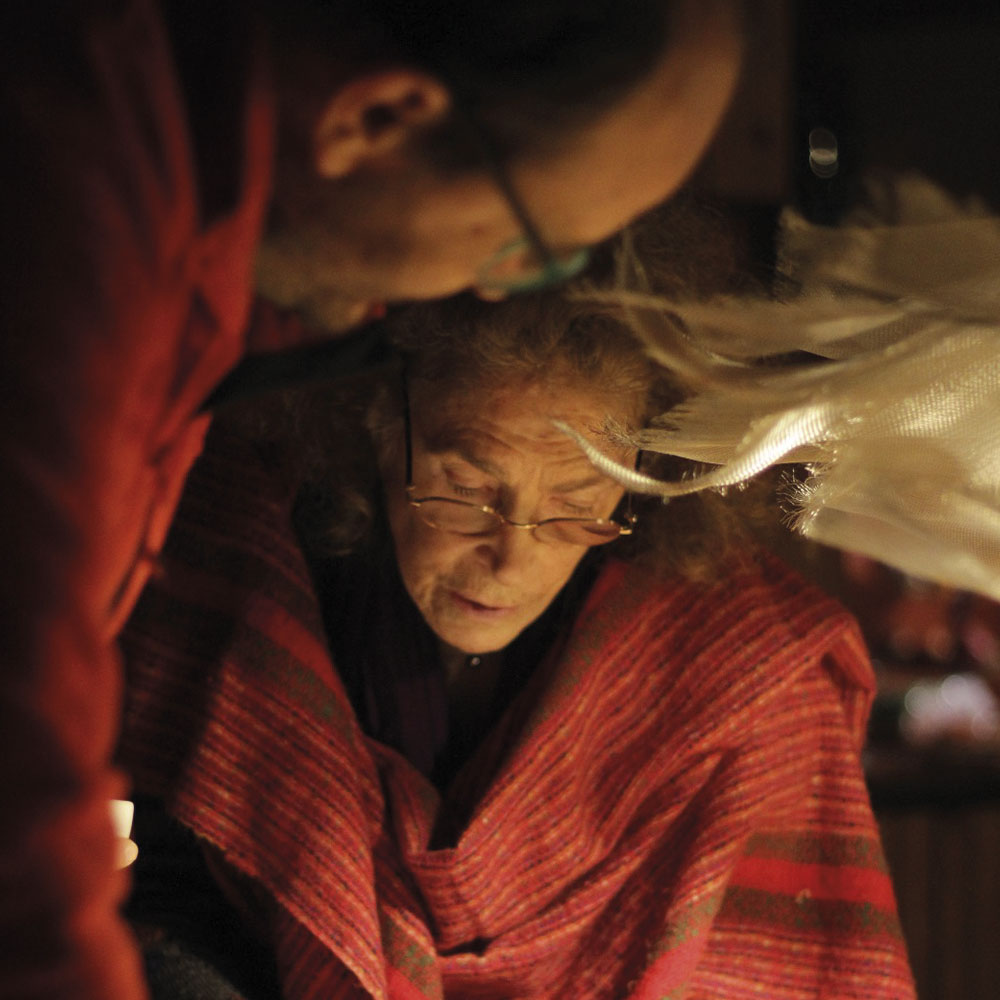
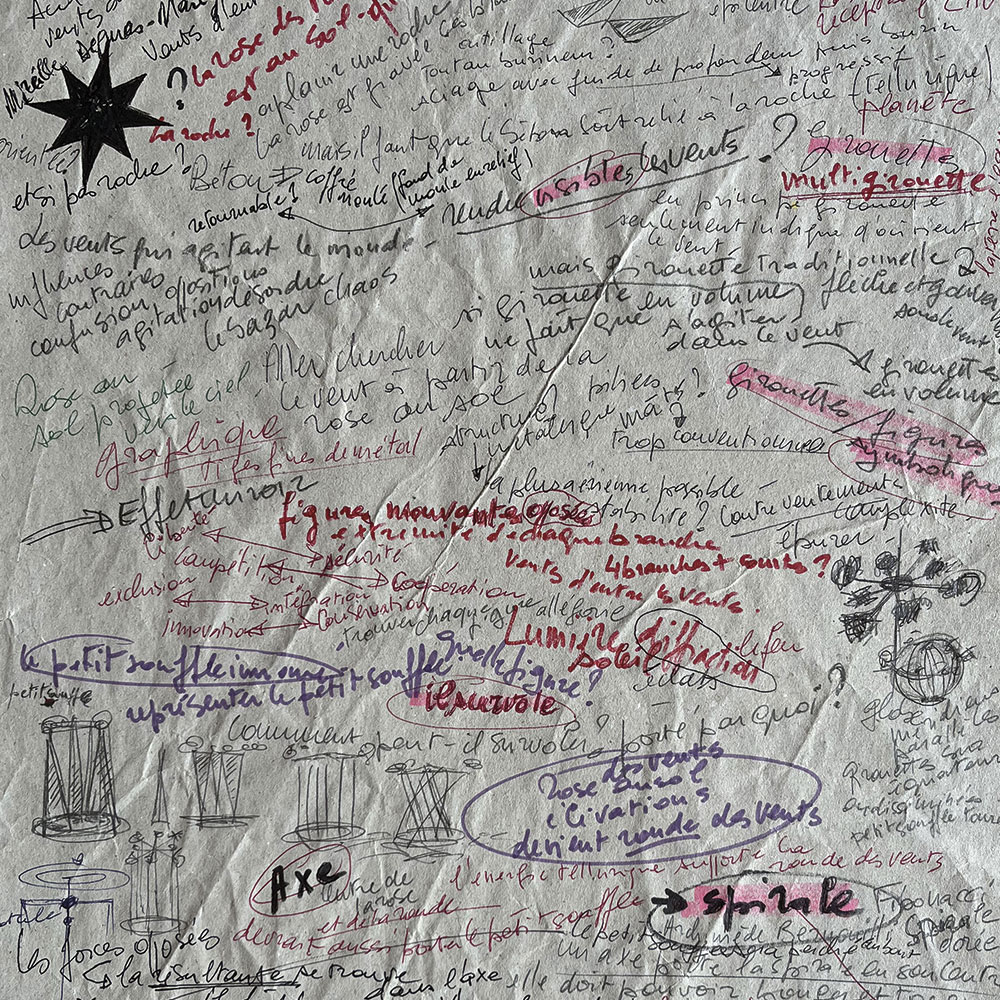
THE COMPASS OF POSSIBILITIES
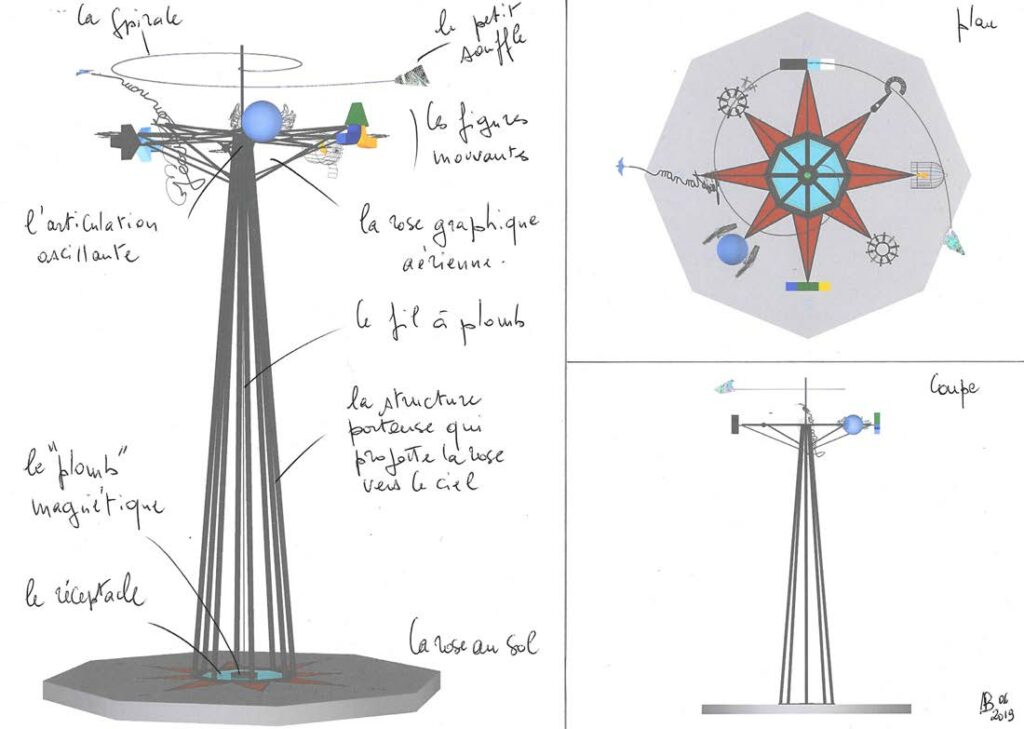
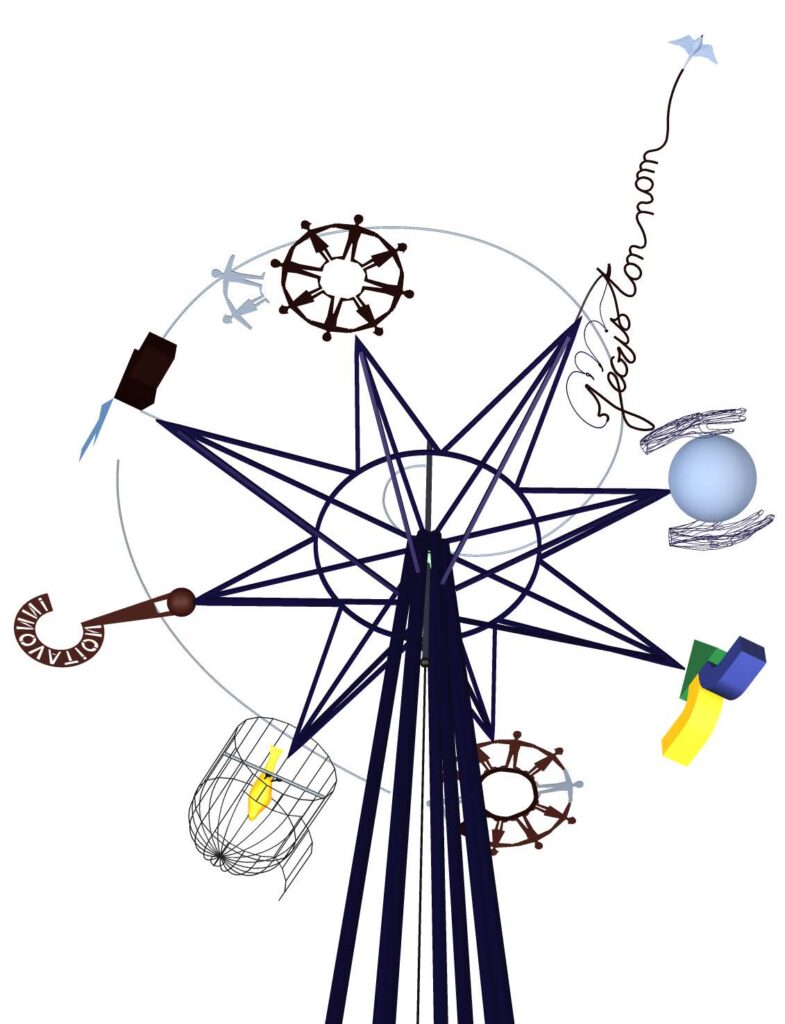
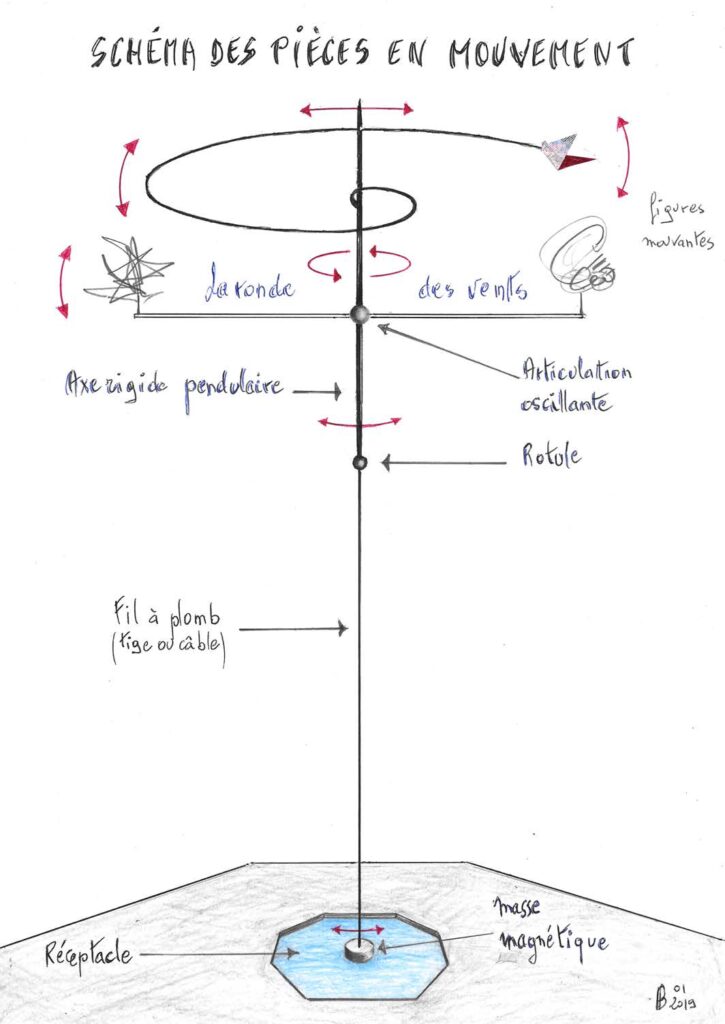
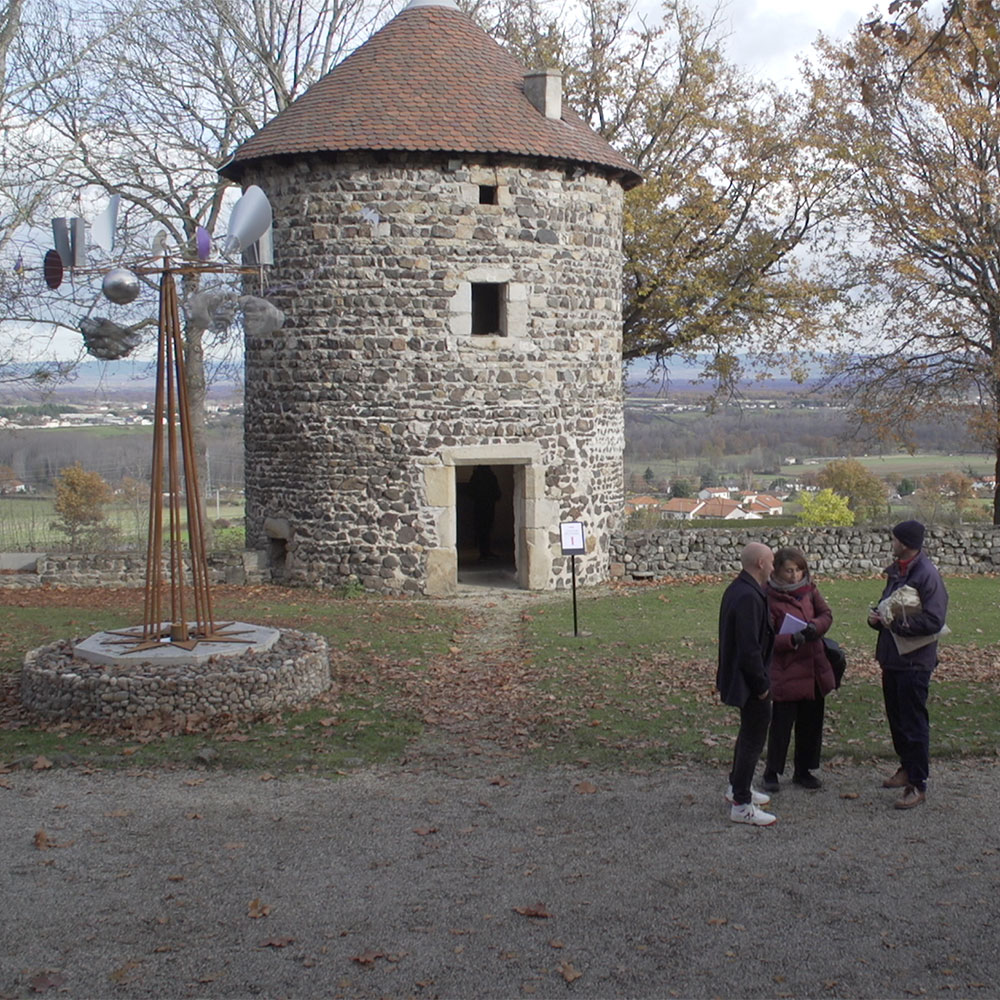
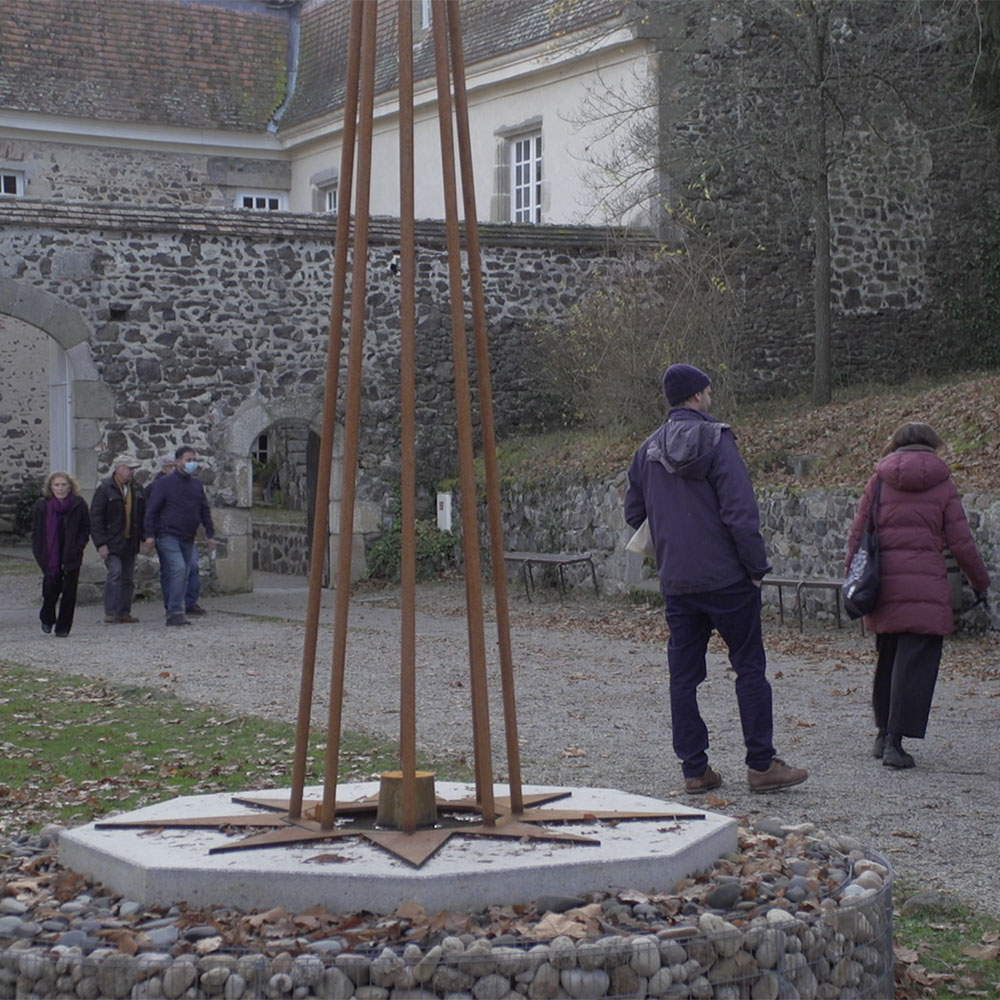
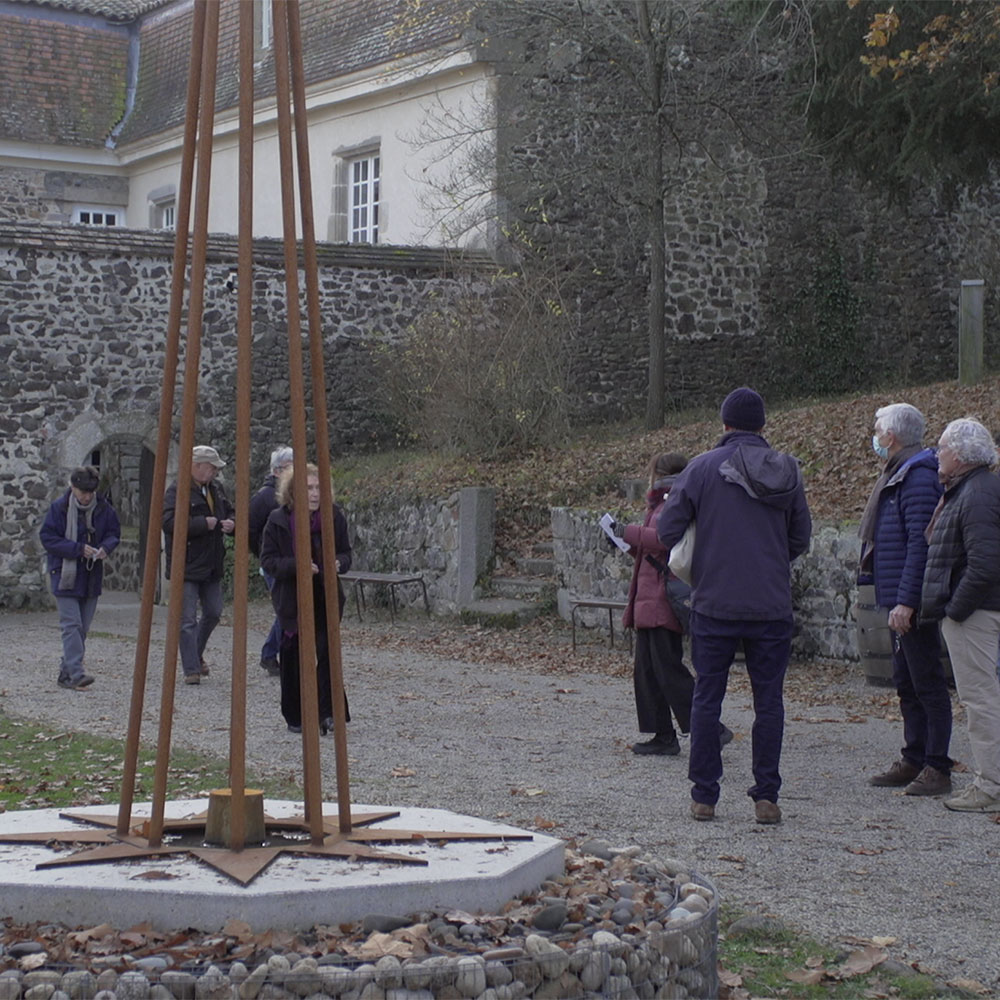
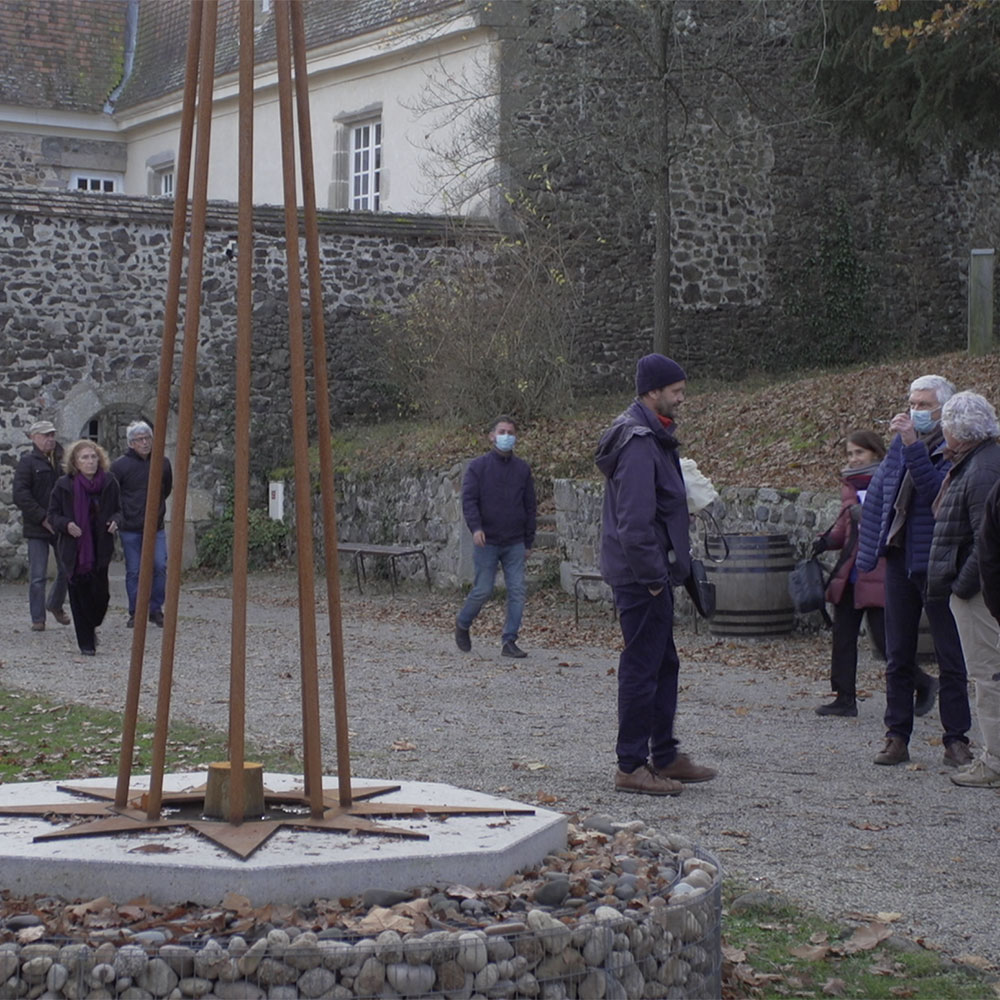
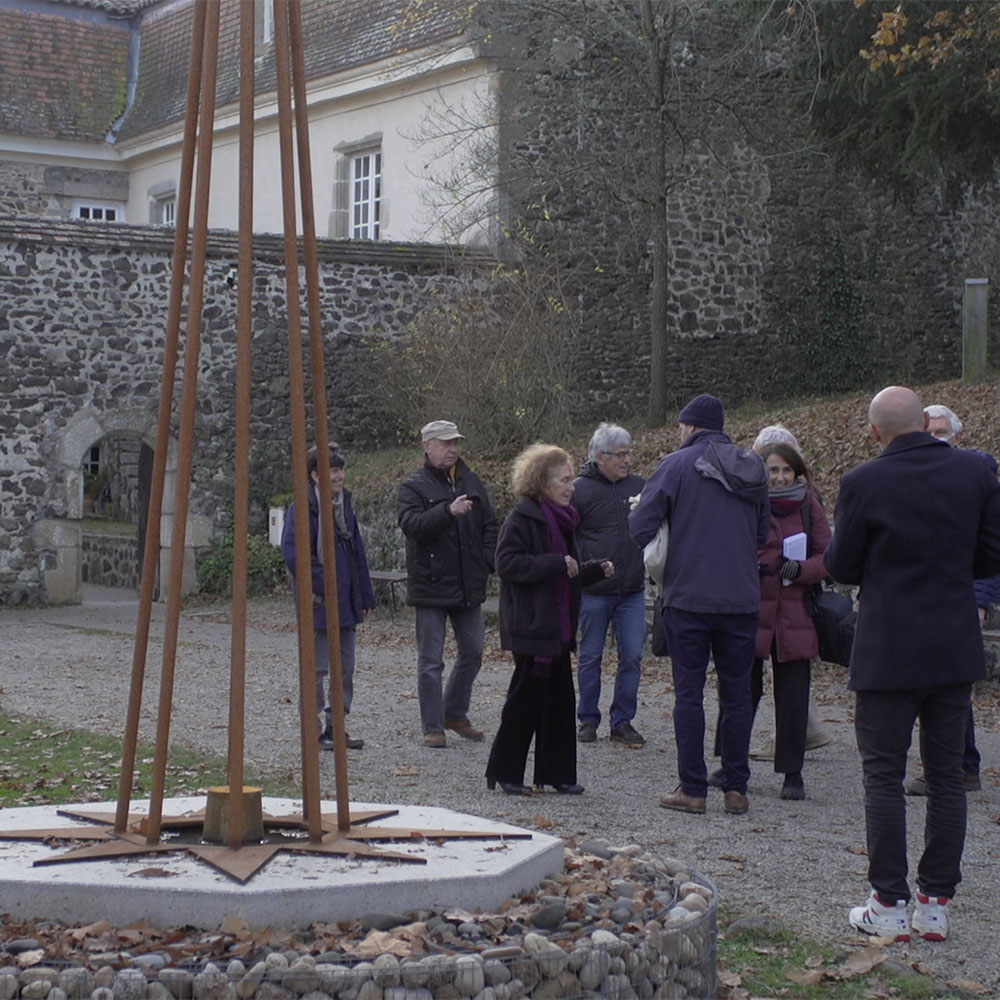
Only a planetary compass can guide us in the ocean of globalization. Climate change, terrorism, pandemics, the advent of new technologies, and migrations are all global issues. It is useless to take refuge in nation-states. We are all part of the same community of destiny that links different peoples and cultures, united by the sense of belonging to the human race. The installation of the Compass of Possibilities shows the opposing “winds” of competition and cooperation, freedom and security, innovation and conservation, exclusion and integration. The challenge is to harmonize the tensions between the various opposing pairs and keep the different energies in balance. The right, symbolized in the sculpture by a plumb line, immerses itself in an octagon filled with water whose function is to absorb the disruptive movements of the winds and stabilize without immobilizing human societies and without homogenizing them, because cultural diversity is a heritage of humanity, as recalled by the UNESCO declaration of 2011.
CONTACTS
Viale del Vignola 75, 00187 Roma
+39.06.90086198 +39.335.5420796
L’Altravista Facebook page
Interactive Art Adventures Facebook page
info@laltravista.it
www.laltravista.it
